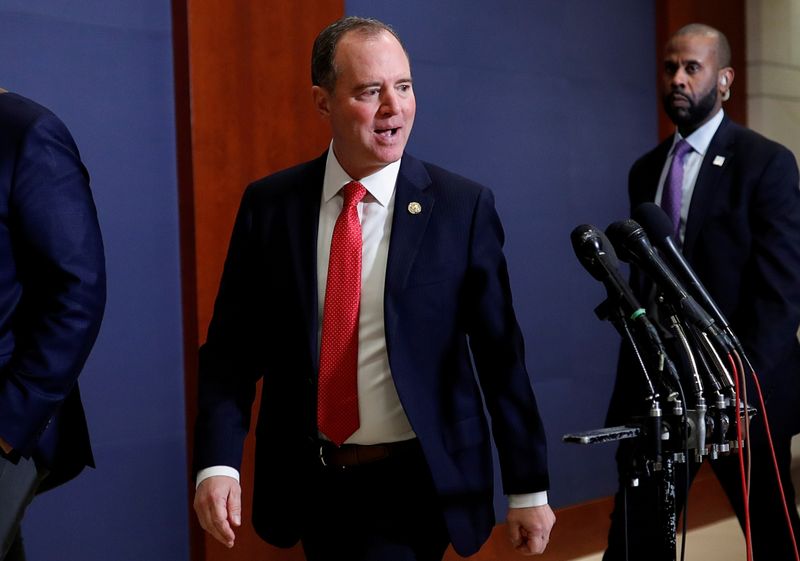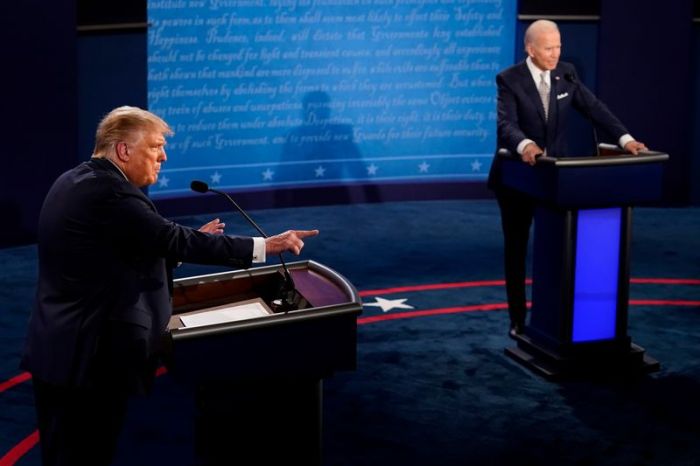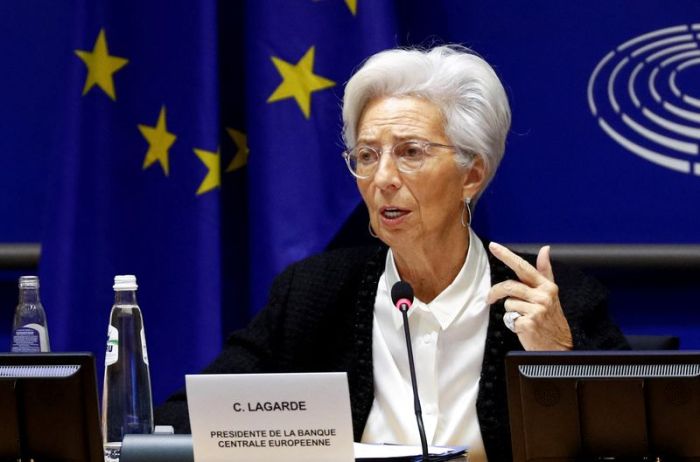WASHINGTON (Reuters) – U.S. House Democrats said on Wednesday that U.S. intelligence agencies have failed to adapt to the growing threat posed by China and warned Washington would be unable to compete with Beijing in the future without significant changes.
A report released by Democrats on the House of Representatives Intelligence Committee – chaired by Representative Adam Schiff – called for a full review of intelligence gathering, saying spy agencies had come to treat traditional intelligence missions as secondary to counterterrorism.
“The intelligence community has not moved with the necessary alacrity to reorient itself to the growing challenge from China across practically every domain,” Schiff told Reuters. “It’s our hope that this report will spur movement within the intelligence community.”
The report said the unfolding of the coronavirus pandemic after it began in China showed the need to better understand Chinese decision-making, including at the provincial level, and that the intelligence community had paid insufficient attention to “soft” security threats, such as infectious diseases.
“The stakes are high,” a redacted version of the report said. “If the IC (intelligence community) does not accurately characterize and contextualize Beijing’s intent, America’s leaders will fail to understand the factors that motivate Chinese decision-making.”
Separately, a House Republican “China Task Force” led by Foreign Affairs Committee ranking member Michael McCaul released its report calling for more than 400 changes in U.S. strategy, including shifting supply chains from China and a trade agreement with Taiwan.
The release of the reports comes amid campaigning for the Nov. 3 elections, in which dealings with China – the world’s second-largest economy – have been the most important foreign policy issue for Republican President Donald Trump and his Democratic challenger, former Vice President Joe Biden, as well as congressional candidates.
The Democratic intelligence report said Washington should strengthen its ability to “disrupt and deter” Chinese influence operations, and called for a bipartisan congressional study to evaluate intelligence.
It called for a broadening of programs to mentor the next generation of China analysts and said agencies should consider “reskilling” programs for those working in counterterrorism.
The Republican report criticized decades of U.S. policy toward China for focusing on economic issues and disregarding rights violations and security threats.
“To preserve democracy and freedom around the world, the U.S. must act decisively with our allies to regain the initiative,” it said. “Addressing such malign conduct can no longer be one of many priorities for our respective governments, but rather the organizing principle of the free world.”
(Reporting by David Brunnstrom; Additional reporting by Daphne Psaledakis and Patricia Zengerle; Editing by Mark Heinrich and Jonathan Oatis)
























